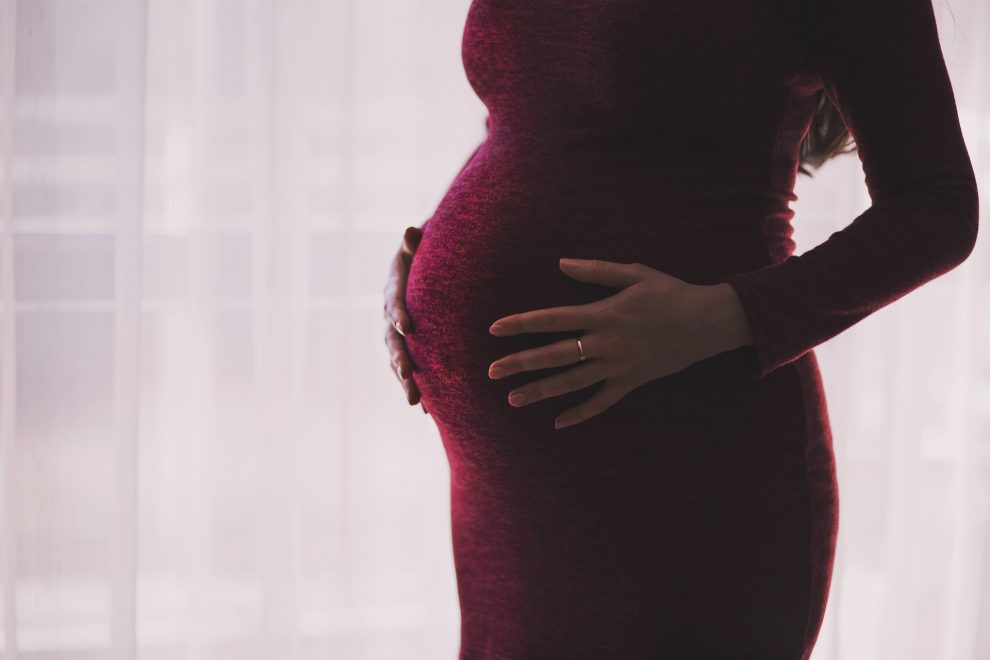According to the results of a study published in the journal Human Reproduction, there could be a link between COVID-19 lockdowns and a drop in birth rates in Europe.
In January 2021, there was a 14% drop in Europe’s birth rate compared with the previous year, and the research suggests that this was due to the first wave of the pandemic.
As January 2021 was nine to ten months after the first set of COVID-19 lockdowns were imposed in European countries, this suggests that longer lockdowns meant fewer pregnancies.
Furthermore, the researchers found a sharper decline in countries with struggling healthcare systems. For example, Romania and Lithuania saw birth rates fall by 23% and 28% respectively.
There was a decline of 13% in England and Wales, 14% in France, and 23% in Spain. On the other hand, Sweden, which had no lockdowns, had normal birth rates that year.
The report states that: “The longer the lockdowns the fewer pregnancies occurred in this period, even in countries not severely affected by the pandemic.
We think that couples’ fears of a health and social crisis at the time of the first wave of Covid-19 contributed to the decrease in live births nine months later.
Social distancing measures, fears related to the virus, and the social and economic crisis caused as a result may be “indirect factors that played a role in the decision of couples to postpone pregnancies”.
In March 2021, which was around ten months after the end of most lockdowns, the report found that birth rates had returned to normal levels, However, the increase didn’t compensate for the previous decline in birth rates.
The researchers noted: “The fact that the rebound in births does not seem to compensate for the decrease in January 2021 could have long-term consequences on demographics, particularly in western Europe where there are aging populations.”











Add Comment